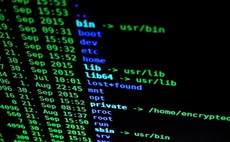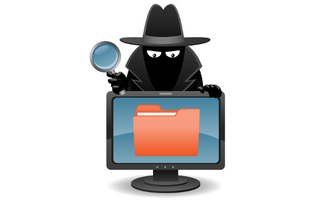Ransomware isnt't going to abate in 2018 - what are the best ways to avoid it?
Ransomware is here, it's a very real threat, and as indicated by our research, it's not going anywhere - at least into 2018. With this in mind, what are the best ways to avoid - or at least heav...
To continue reading this article...
Join Computing
- Unlimited access to real-time news, analysis and opinion from the technology industry
- Receive important and breaking news in our daily newsletter
- Be the first to hear about our events and awards programmes
- Join live member only interviews with IT leaders at the ‘IT Lounge’; your chance to ask your burning tech questions and have them answered
- Access to the Computing Delta hub providing market intelligence and research
- Receive our members-only newsletter with exclusive opinion pieces from senior IT Leaders





















